
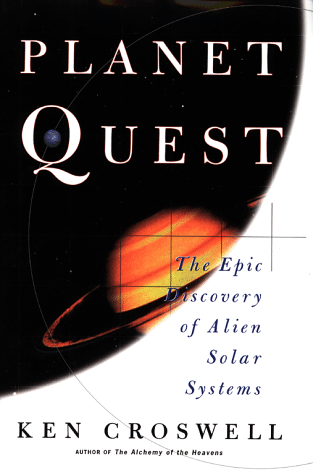
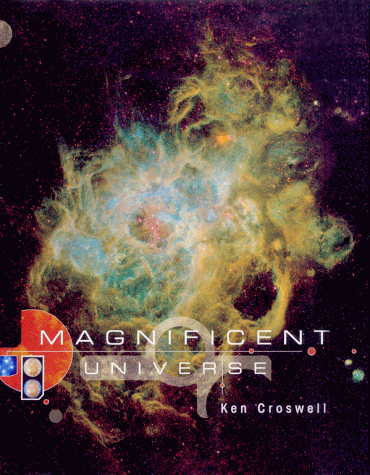
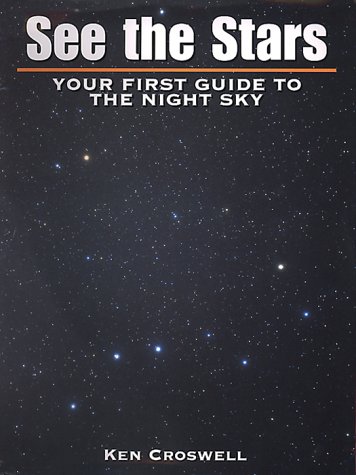
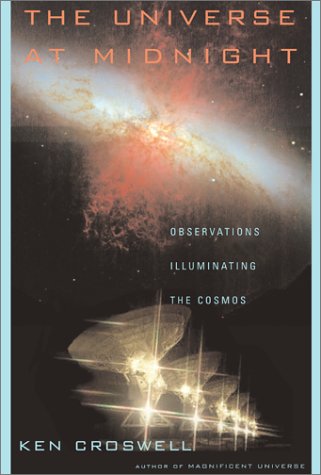

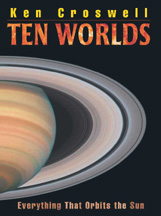
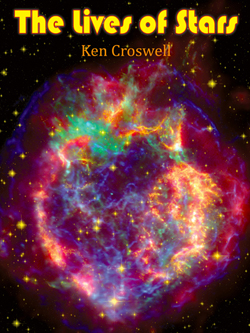
| BOOKS | F. A. Q. | ARTICLES | TALKS | ABOUT KEN | DONATE | BEYOND OUR KEN |
|---|
By Ken Croswell
Published on ScienceNOW (November 11, 2011)
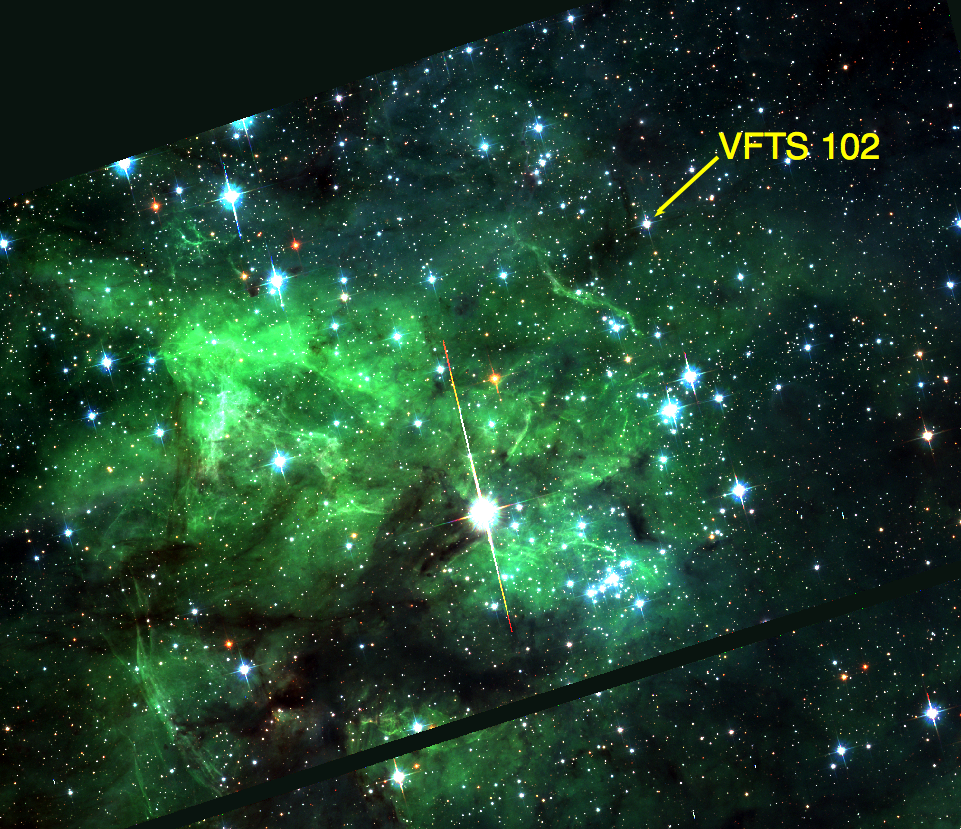
Credit: Morgan Fraser/Philip Dufton/Paul Dunstall/Hubble Legacy Archive
How fast can a star spin? Our Sun rotates at a leisurely 2 kilometers per second, but now astronomers have discovered that a star in another galaxy spins 300 times faster--with a record-breaking speed of 600 kilometers per second. At that velocity, an airplane could circle Earth in little more than a minute. The star, named VFTS 102, is hot, blue, and young, residing in the Tarantula Nebula, a huge star-forming cloud of gas and dust 160,000 light-years away in the Large Magellanic Cloud, the brightest galaxy that orbits our own. As the astronomers will report in a future issue of The Astrophysical Journal Letters, VFTS 102 spins faster than any other normal star ever measured; the only stars known to spin faster are dead ones called pulsars. In fact, a pulsar seems to be fleeing from the fast-spinning star, suggesting the two were once a pair that split up when a companion star exploded and became the pulsar we see today. Before the explosion, the companion star may have dumped gas onto VFTS 102, spinning it up to extreme speed the way falling water makes a water wheel turn. If the star spun just 20 percent faster, the centrifugal force would fling it apart.
Ken Croswell is an astronomer and the author of The Lives of Stars.
"A stellar picture of what we know or guess about those distant lights."--Kirkus. See all reviews of The Lives of Stars here.
| BOOKS | F. A. Q. | ARTICLES | TALKS | ABOUT KEN | DONATE | BEYOND OUR KEN |
|---|